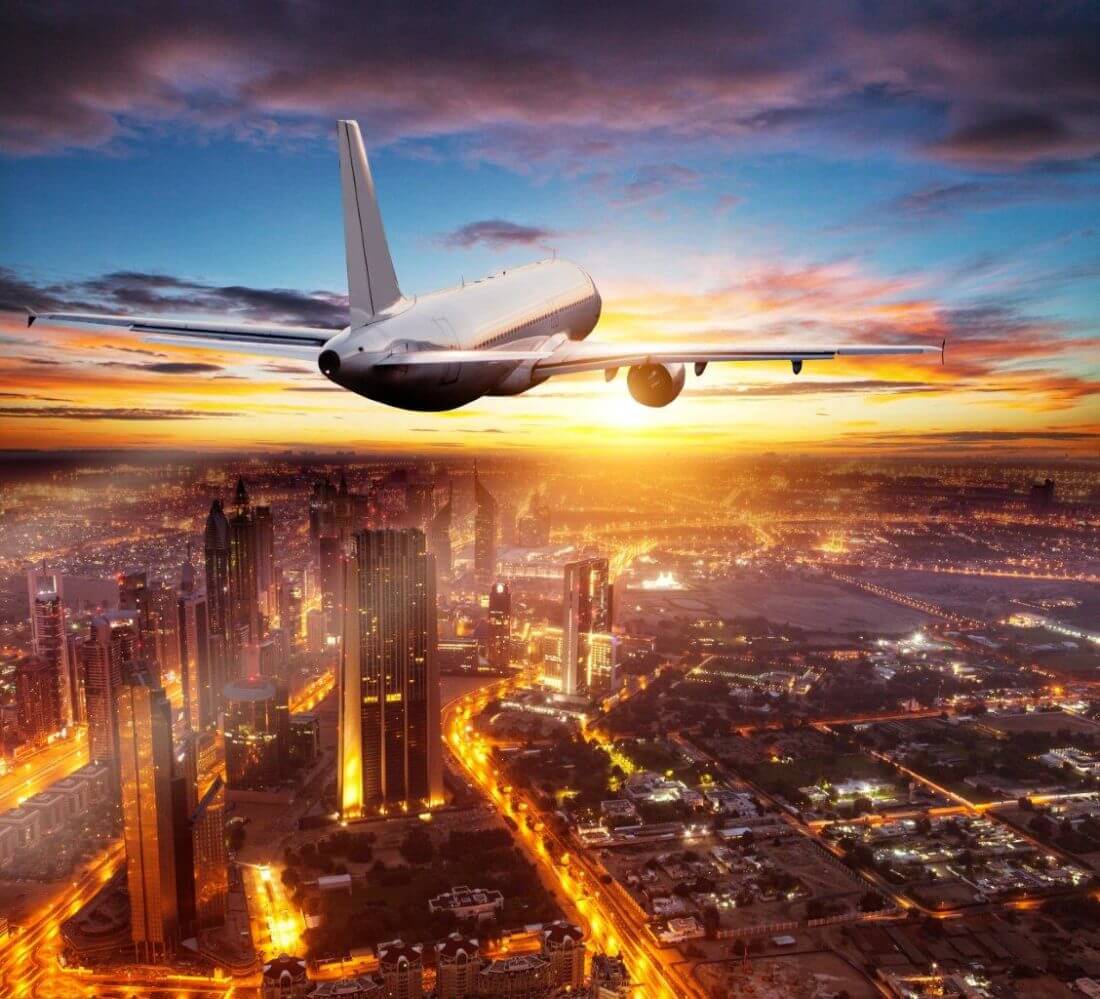
In this new era of digital living, the user or customer experience has taken the spotlight and underpins innovation of almost every product and service out there. From ride-sharing applications to weekends for two at the cinema, the user experience has become pivotal to the success and failure of any organization; its impact propagated by the boundless reach of social media, which can hurtle a single negative review across a million smartphone screens in a blink.
Organisations around the world are listening, heeding the warnings of marketers who have learned over the years to leverage the powerful impact experience, and the positive user-generated content that follows, to gain brand leadership and drive commercial growth. We don’t have to look far to find examples of this, particularly in this digital age, where the likes of Uber and Expedia have transformed into multi-billion-dollar empires thanks to the experiences they offer.
But this focus on the user experience is not only the concern of those driving the global digital transformation; we are seeing it extend across countless traditional industries that have had to re-think their entire approach on how to develop, package and sell their products by putting the customer experience first.
I am going to touch on just one of those industries, tourism. My home city of Dubai sets a perfect example of how it has continuously evolved its tourism sector over the years in order to attract holiday goers, business travelers and transit visitors alike.
Dubai’s initial marketing push in mid-2000 was to attract global visitors with its opulent lifestyle proposition – luxury hotel, shopping and dining experiences that were second to none. Today, Dubai has shifted its approach 180 degrees and sees future visitors coming to experience the ‘real’ Dubai, as enjoyed by its residents. According to the CEO of Dubai Tourism & Commerce Marketing (DTCM), Dubai wants to attract 20 million visitors by 2020, and it is going to achieve this by promoting real experiences that highlight the city’s diverse yet authentic offerings.
The ‘experience’ proposition has proven itself the world over, with global travelers seeking authentic experiences that can be shared instantly with friends and loved ones via social networks. The impact of marketing the ‘experience’ is truly profound, particularly when we factor in millennials who today are considered the largest generation in modern history. The millennial traveler is part of the generation that was raised with technology – the internet, social media and mobile devices – and with an endless desire to try something new. This ‘experience’ approach becomes fundamental to attracting these young, knowledgeable travelers who then become the champions of your brand, driving positive user-generated content that sells your destination.
I believe that Dubai is taking the right step with its ‘real’ Dubai approach and is opening up a whole new market for itself. Dubai’s existing visitor portfolio, 14.9 million in 2016, is already sold on the city’s diverse offerings and can only help drive more positive awareness by sharing their visit experiences.
By turning the focus on the ‘real’ Dubai proposition, Dubai will be able to attract a new set of visitors whose travel impulses and motivations are widely viewed as a growth opportunity by the tourism and hospitality industry in 2017 and beyond. These trends highlight a strong demand for travel experiences that revolve around food, adventure and sports, culture, amateur photography and even environmentally-conscious travel.
In all these categories, Dubai has something to offer. While its traditional proposition of luxury hospitality, dining and retail experiences will continue to thrive and attract travelers, Dubai is already well–positioned to start attracting new segments of travelers who are armed with a smartphone and are looking for a different type of stimulus or fulfillment, be it emotional, spiritual or cultural.
The success of Dubai’s proposition to ‘experience’ travelers will depend on the how genuine its message will be. We have to remember that these travelers – the majority of which will be millennial – are:
- Well–informed and check several websites before they book
- Rely heavily on previous visitor experiences and less so on marketing messages
- Keen to experience things their own way and will opt for products and services that suit their needs
- It is important to offer them flexibility to customise their own experience
- Very active on social media and are constantly sharing their experience.
- The impact of this, whether positive or negative based on what they were sold, versus what they got, is immediate
Looking beyond this one example, the customer experience has become pinnacle to almost every industry today. I see the impact of this in my own companies too, where our customers are making property purchasing decisions that are based on a lifestyle experience that they are working to achieve.
This is a tremendous opportunity for companies. Those who haven’t quite got it right are now in a position to center their business around their customers, while those companies who have already modeled their business around this customer-centric approach will see growth and success going into the future.